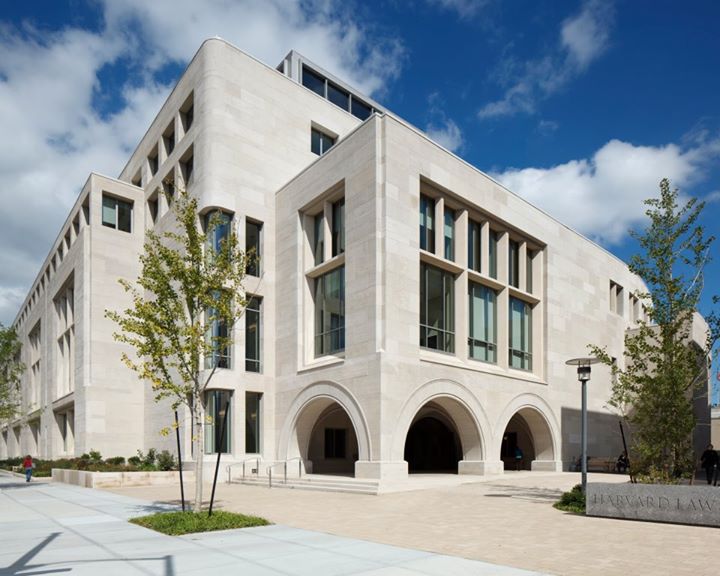CLBB Faculty Member Dr. Robert Kinscherff spoke on Tuesday, May 10, at Harvard Law School about juvenile justice and the treatment of adolescents versus adults within the criminal justice system. The event, hosted by the Charles Hamilton Houston Institute for Race & Justice, was free and open to the public. About the event:
Nearly a quarter of a million youth are tried, sentenced, or imprisoned as adults every year across the United States. On any given day, ten thousand youth are detained or incarcerated in adult jails and prisons.
Putting a human face to these sobering statistics, Boy With A Knife tells the story of Karter Kane Reed, who, at the age of sixteen, was sentenced to life in an adult prison for a murder he committed in 1993 in a high school classroom. Twenty years later, in 2013, he became one of the few men in Massachusetts to sue the Parole Board and win his freedom.
The emotional and devastating narrative takes us step by step through Karter’s crime, trial, punishment, and survival in prison, as well as his readjustment into regular society. In addition to being a powerful portrayal of one boy trying to come to terms with the consequences of his tragic actions, Boy With A Knife is also a searing critique of the practice of sentencing youth to adult prisons, providing a wake-up call on how we must change the laws in this country that allow children to be sentenced as adults. Continue reading »




